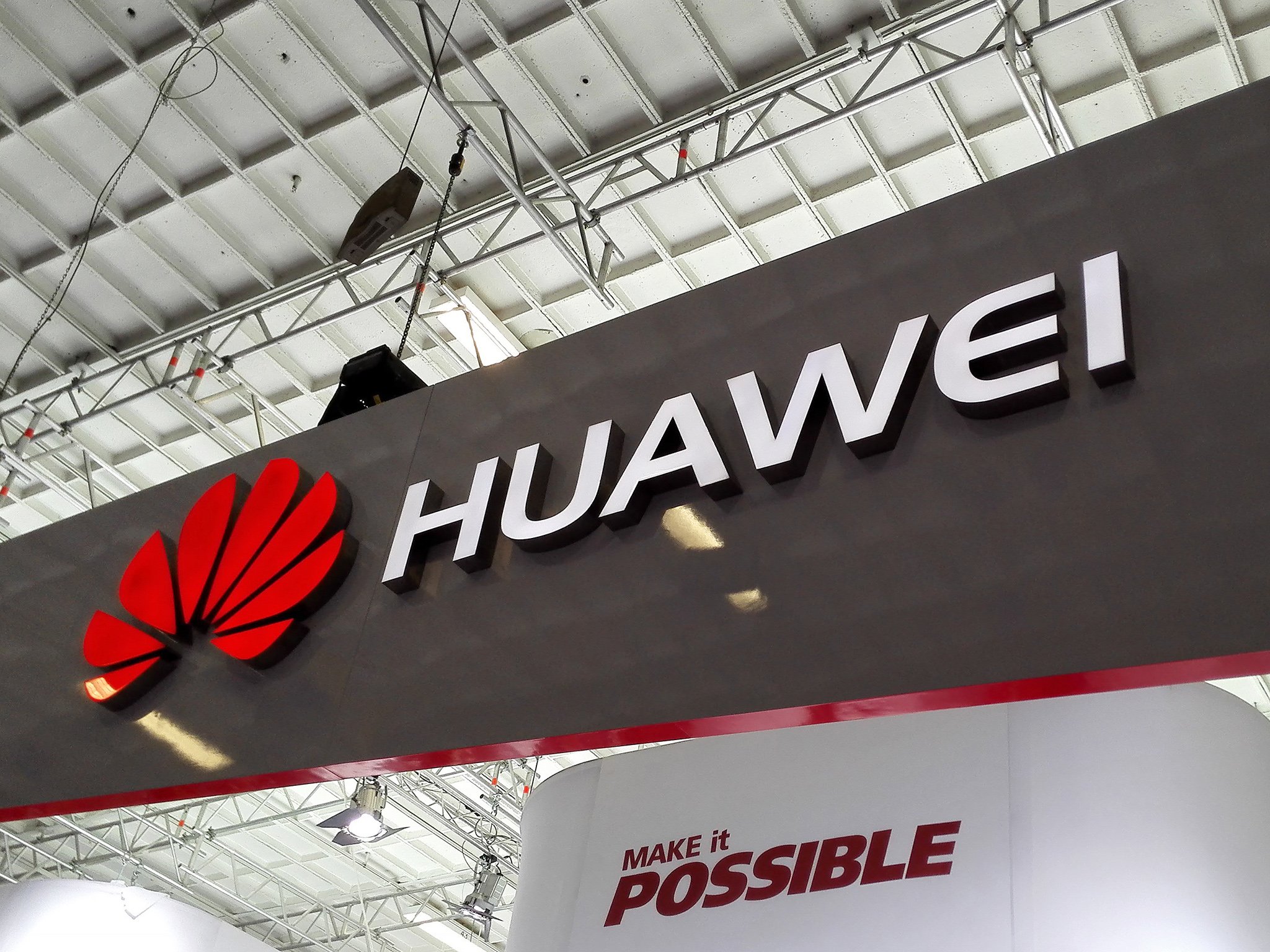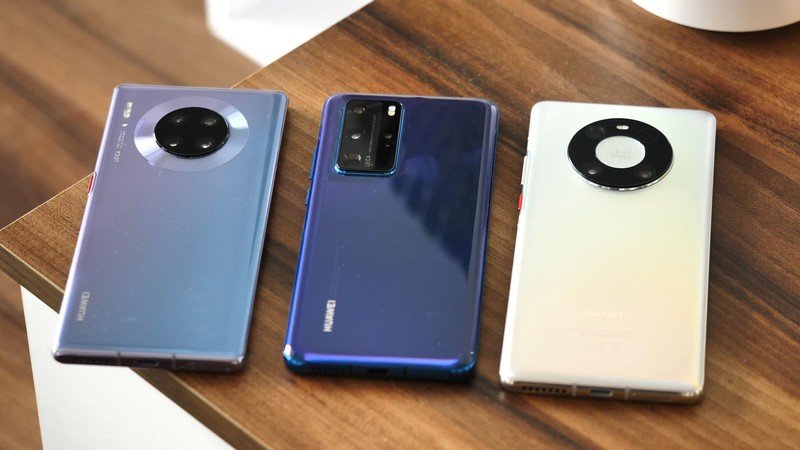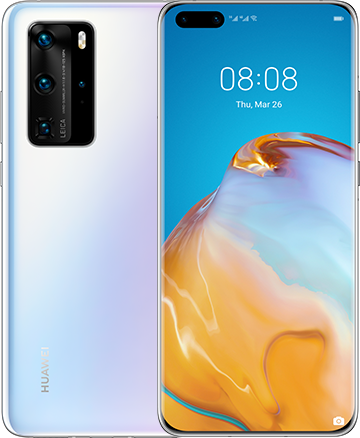Biden presidency won't make Huawei's U.S. troubles go away

The 2020 U.S. election is behind us, and with president-elect Joe Biden set to move into the White House early next year, change is afoot in Washington. The Biden administration is currently focused on limiting the pandemic — which is wreaking havoc in the U.S. — but one of the key challenges that the president-elect faces early next year is his stance on China and the ongoing trade war.
The Trump administration enforced significant curbs on dozens of Chinese manufacturers over the last two years, including Huawei, ZTE, and more recently SMIC, China's largest chipmaker. While ZTE was found to have flouted Iran sanctions — which led to its inclusion in the Entity List — there wasn't any evidence that Huawei was colluding with the Chinese government to install backdoors in its networking equipment.
Don't hold out for Biden magically undoing the Trump administration's stance on China.
But Huawei was put on the Entity List anyway, and in doing so the U.S. ensured that the Chinese manufacturer's business was significantly disrupted. Huawei had to make do without Google services on its phones, find non-U.S. vendors for key parts, and be left out of key markets like North America.
There's a prevailing sense that Biden will undo most of these changes once he takes office in January. While the Biden administration will be a return to normalcy in Washington after four years of turmoil that was the Trump presidency, it is unlikely Biden will undo most of the curbs on Chinese brands immediately.

For one thing, Biden also has a tough stance on China, and the president-elect came out in favor of banning Huawei's networking equipment in the past. We will likely see meaningful talks commence between the U.S. and China — putting an end to the partisan squabbles that dominated the conversation in the last two years — but it will be a long time before there's any significant policy change, particularly around Huawei's situation.
We could see Google services return to Huawei phones, but even that is an unknown right now.
The Biden administration will likely offer a more cogent argument for the Huawei ban, and it is possible some of the restrictions around U.S. firms doing business with the Chinese manufacturer could be lifted, paving the way for Google's services to return to Huawei's phones in the immediate future. But it will be a while before Huawei can resume selling phones in North America — if that's even on the table anymore.
Then there's the fact that the U.S. isn't the only country that has banned Huawei, even though it led the charge. The UK, Australia, New Zealand, and India have also put significant limits on the manufacturer in the last 12 months, with Huawei's networking business in particular hit hard by the curbs. Huawei is effectively left out of the 5G conversation altogether, and with nearly half of its revenues coming from the network business, the restrictions have made a dent in the brand's bottom line.
Be an expert in 5 minutes
Get the latest news from Android Central, your trusted companion in the world of Android
For now, it doesn't look like Huawei's situation will change in any meaningful way even after Biden takes office in January. In the meantime, Huawei has taken steps to reduce reliance on U.S. entities, including working on its own OS and setting up a Shanghai-based chip factory for its networking unit. We'll have to see how things play out in 2021, but what is clear is that Huawei has a long way to go before things return to normal.

Huawei P40 Pro
The P40 Pro combines a gorgeous design with the latest internal hardware and outstanding cameras that hold their own against the best that Android has to offer. The main drawback is the lack of Google services, a deal-breaker for most customers outside China.

Harish Jonnalagadda is Android Central's Senior Editor overseeing mobile coverage. In his current role, he leads the site's coverage of Chinese phone brands, networking products, and AV gear. He has been testing phones for over a decade, and has extensive experience in mobile hardware and the global semiconductor industry. Contact him on Twitter at @chunkynerd.
